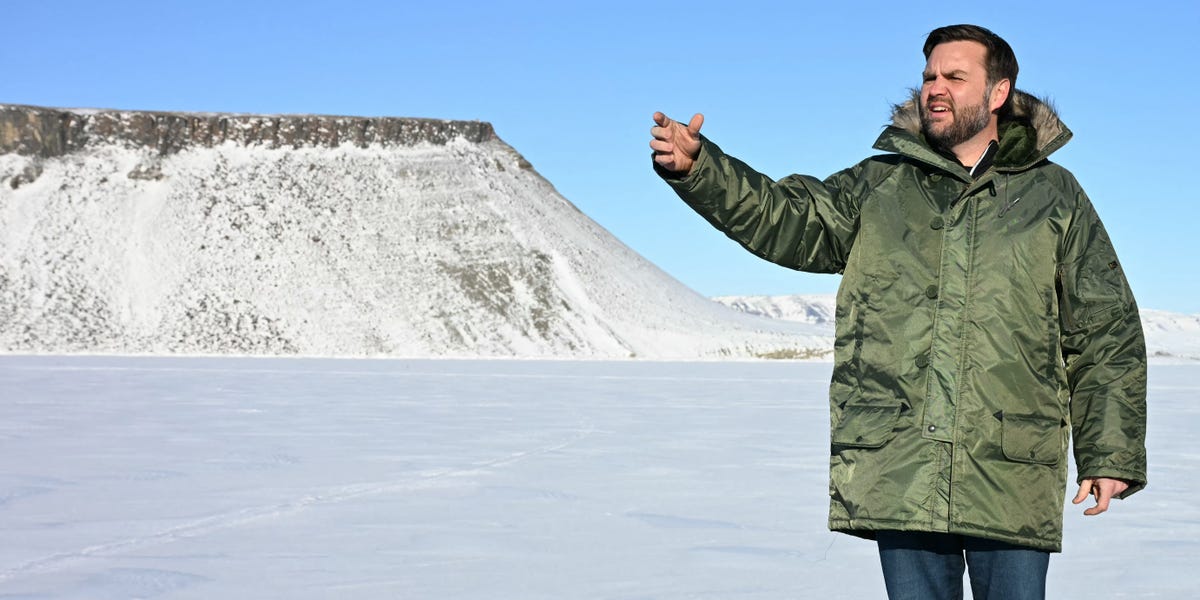Greenland Caught in Geopolitical Crossfire: The US-Danish Territorial Tension Explained

Greenland: A Strategic Prize That Refuses to Be Bought
Former President Donald Trump's fascination with acquiring Greenland has become a diplomatic curiosity that highlights the complex geopolitical dynamics of the Arctic region. In a bold and unprecedented move that shocked international observers, Trump once openly expressed his desire to purchase the massive, ice-covered island from Denmark, treating it like a potential real estate transaction.
However, Greenland, a semiautonomous territory with its own distinct identity, swiftly rejected the proposal. The island's leadership made it abundantly clear that they were not a commodity to be bought and sold, regardless of who was making the offer. This rejection wasn't just a diplomatic rebuke but a powerful statement of self-determination.
The proposed acquisition revealed more about Trump's transactional approach to international relations than any realistic geopolitical strategy. Greenland, with its strategic location and emerging importance in climate and security discussions, is far more than a mere piece of land to be traded. Its people, culture, and strategic significance transcend any simplistic purchase attempt.
While the proposal was ultimately dismissed, it sparked global conversations about sovereignty, territorial integrity, and the evolving dynamics of international diplomacy in the 21st century.
